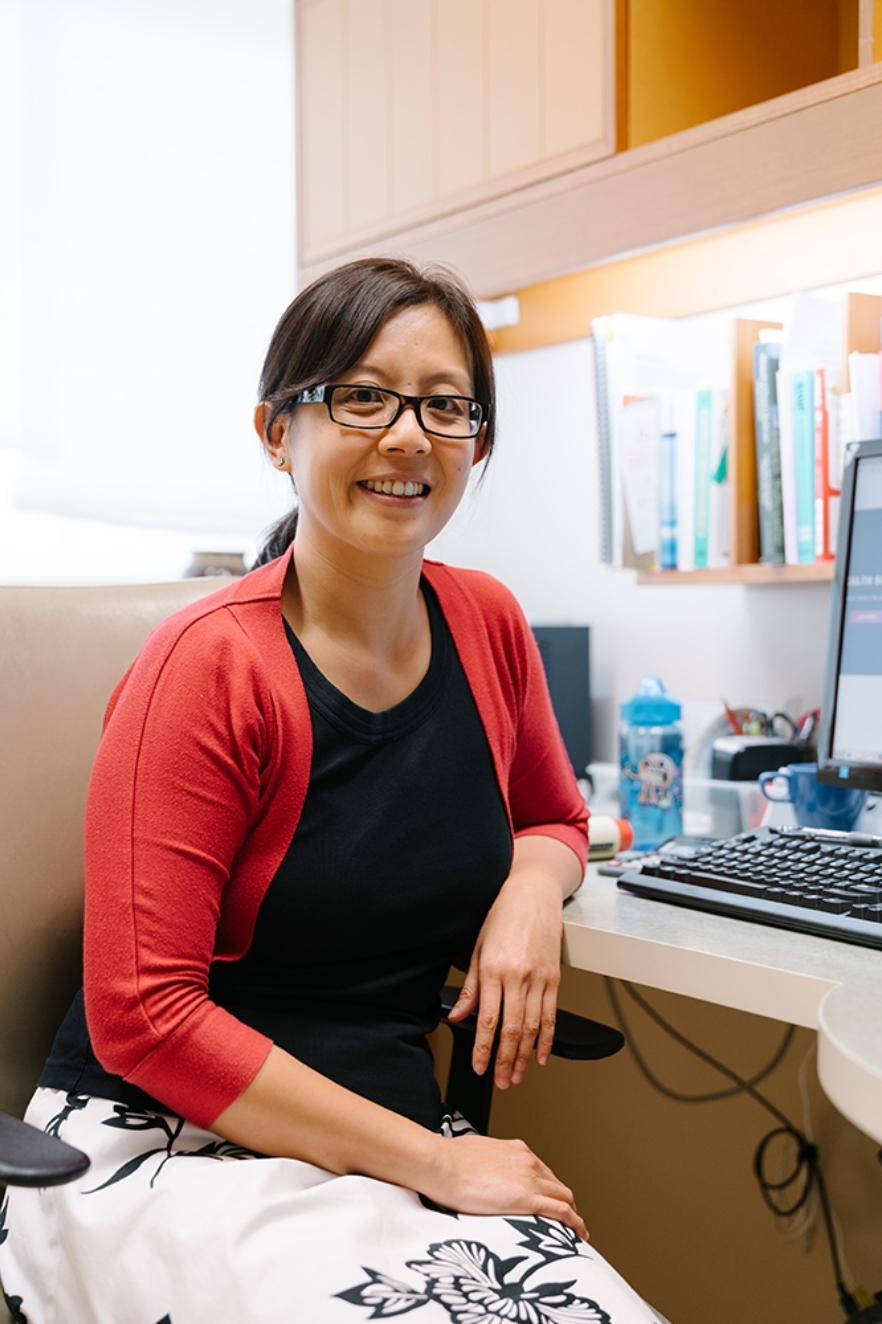Living In Singapore: What You Need To Know About Travel Vaccines

Some say travel is the healthiest addition. After all, a change of scene brings about bountiful opportunities to learn and live life to the fullest. Whether you are a Singapore resident planning your next vacation or a newcomer to the Lion City, it may be worthwhile to consider appropriate vaccinations, especially if you are in the latter group. This is especially so because national vaccine protocols differ. As such, people moving from temperate countries may not be protected against tropical diseases.
Are you adequately prepared for life in the tropics? Learn how you can protect yourself and loved ones from preventable infectious and endemic regional diseases.
Pre-travel arrangements
Dr Tan Lih Yi, a family doctor based at International Medical Clinic, advises travellers and newcomers to arrange a travel consultation with a doctor at least four to six weeks prior to departure or as early as possible, upon arrival to Singapore. Those with chronic health issues, plan to undertake high-risk activities or stay for a longer period of time should seek advice as early as possible. “This is to ensure that there is opportunity to administer vaccines in a timely manner and to potentially allow trial of some medications prior to travel, reducing the likelihood of side effects,” she said. Your doctor can also help you take other precautions, such as anti-malarial medication, altitude sickness medication and travel first aid kits.
This consultation also ensures that you fulfil mandatory vaccine obligations for a given country, particularly if you plan to enrol your children in school. For instance, Dr Tan pointed out that vaccinations for diphtheria and measles are required by law in Singapore.
Vaccinate for peace of mind
Although many of these diseases are rare and/or considered eradicated in Singapore and other developed countries, they are still prevalent in the region and elsewhere. Given the prevalence of immigration and likelihood of regional travel, this underscores the importance of preventive vaccines. In addition to routine childhood vaccinations, the vaccines recommended for Singapore – as in most developed countries (only in Asia or even in Europe/America) – include those for tetanus, hepatitis A and B and typhoid. “You can also consider getting protected against rabies and dengue,” she added.

The information provided in this article is meant purely for general information purposes only and may not be used as a substitute for medical advice, diagnosis or treatment. If you have any questions or concerns about your health, please seek the advice of your doctor or qualified healthcare provider. The views, information or opinions expressed in this article are solely that of the writer and the interviewees and do not necessarily reflect those of, and are not endorsed by, Camden Medical Centre.